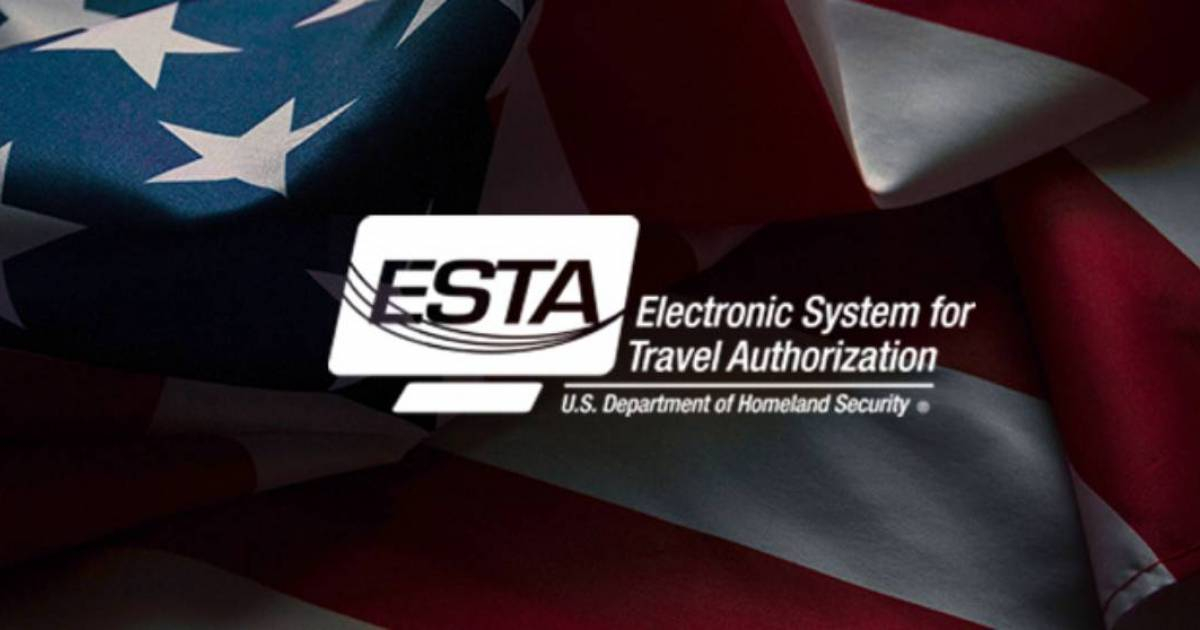
Related videos:
The decision by the administration of Joe Biden to remove Cuba from the list of state sponsors of terrorism has raised an immediate question among thousands of Cubans with European passports: Will they now be able to enter the United States using the ESTA?
Since the island's reintegration into that group in January 2021, during the administration of Donald Trump, these travelers are required to obtain a visitor visa (B-1/B-2) at a U.S. consulate, which poses an additional challenge, especially for Cubans with dual nationality residing in their homeland, as it often entails travel to third countries to complete the process.
Following Biden's decision, federal provisions indicate that those thousands of Cubans may benefit from the visa waiver program for traveling to the United States and utilize the electronic entry authorization system known as ESTA (Electronic System for Travel Authorization).
A priori, always awaiting further official provisions, having a Spanish passport or another European citizenship could be enough to access a simple and quick procedure that allows stays of up to 90 days for tourism or business purposes.
Currently, it is estimated that more than 150,000 Spanish citizens are registered as residents in Cuba, most of whom have benefited from nationality through the so-called Historical Memory Law of 2007.
More information about the ESTA
The ESTA allows citizens of 41 countries to travel to the U.S. without the need to obtain a traditional visa, as part of the Visa Waiver Program (VWP).
Application process:
It takes place online on the official website of the U.S. government.
Usage and duration:
It is valid only for short-term travel for tourism, business, or transit.
It does not allow you to work or reside in the US.
It is valid for 2 years or until the passport expires (whichever occurs first).
It can be used for multiple entries to the US as long as it is valid.
Main requirements:
Possess a valid passport from a Visa Waiver Program country.
No prior record of violating immigration laws in the U.S.
Fill out an online form on the official ESTA website.
Pay a processing fee.
However, it is important to clarify that the ESTA does not guarantee entry to the United States, as the final admission decision rests with the immigration officers (CBP) at the respective port of entry.
It is also worth noting that the existing limitation applies not only to Cubans and nationals of Syria, Iran, and North Korea—countries still designated as terrorist by the Department of State—but also to all citizens who benefit from the visa waiver program and who have recently traveled to any of those nations.
Frequently Asked Questions about the Impact of Cuba's Removal from the List of State Sponsors of Terrorism
How does Cuba's removal from the list of state sponsors of terrorism affect Cubans with a European passport?
The removal of Cuba from the list of state sponsors of terrorism allows Cubans with a European passport to potentially use the ESTA, making it easier for them to enter the United States without the need for a traditional visa. However, it is always advisable to check the current regulations, as the situation may change based on existing immigration policies.
What is ESTA and who can apply for it?
The ESTA is an electronic authorization that allows citizens of certain countries to travel to the United States without a traditional visa, under the Visa Waiver Program. It is designed for short stays for tourism, business, or transit and is valid for two years or until the passport expires. Applicants must have a valid passport from a participating country and must not have violated U.S. immigration laws.
What are the requirements to apply for a B-1/B-2 visitor visa at a U.S. consulate?
To apply for a B-1/B-2 visa, Cubans with a European passport must go to a U.S. consulate outside of Cuba, as the process is not conducted at the U.S. Embassy in Havana. Submission of documents demonstrating economic, family, or employment ties in the country of residence is required, along with payment of the corresponding fees and attendance at an interview.
What changes are expected in the relations between Cuba and the United States following the removal from the terrorism list?
The removal of Cuba from the list of state sponsors of terrorism could pave the way for a relief of economic sanctions and enhance economic and diplomatic cooperation between both countries. However, the extent of these changes will depend on the future actions of both governments and the stance taken by subsequent administrations in the United States.
Filed under: